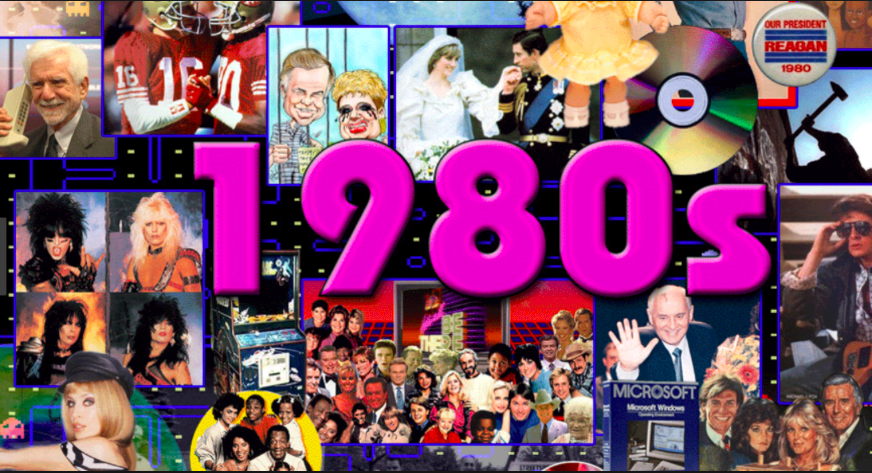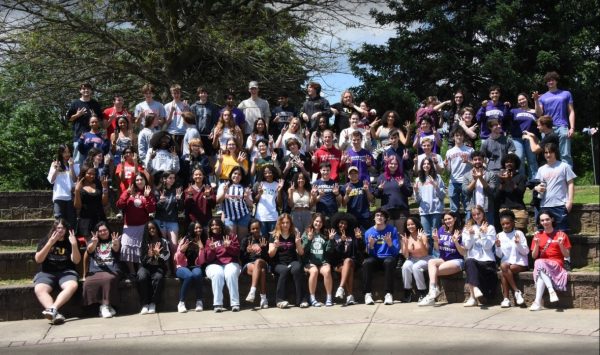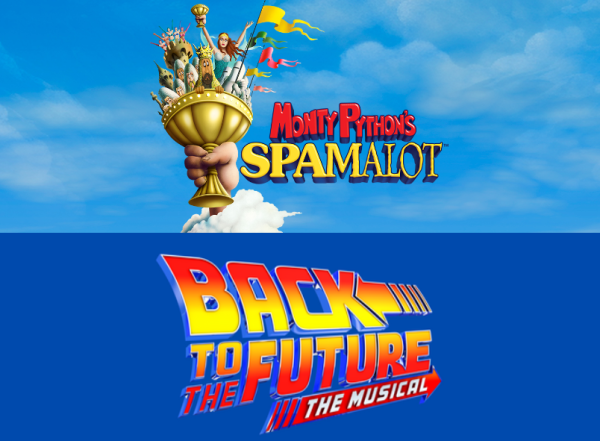Why Are We so Obsessed with the 80’s?
Why are we obsessed with the 80’s? It seems as though in pop culture today, you cannot escape it. This decade’s prominence is prevalent in film, television, and music. A lot of pop culture today is referencing this decade, but why? Why is this decade so popular right now, who is obsessed about it, and why are we nostalgic?
Nostalgia is a part of the human condition. Nostalgia refers to the experience of people looking back wistfully at the past. Nostalgia isn’t a completely falsified version of a time period, but it is romanticized, based often on someone’s singular positive experience. Because of this, nostalgia often fails to encompass every aspect or perspective of a specific time or memory. For example, take Gone with the Wind, which is nostalgic towards the South before the Civil War and portrays it as a lovely time, specifically for white people. In reality, it was full of slave plantations and blatant racism. People will naturally long for a lost dream, a sentimental, seemingly perfect time that is only looked back on because of a personal dislike for the present.
This gets interesting when you have teens who feel a certain nostalgia and longing for the 80’s, a time they never experienced. This isn’t nostalgia, as we didn’t live through the decade, but it does seem like other people’s nostalgia impact our view of the 80’s. A lot of popular things are from the eighties, including the original Star Wars movies and the Rubix Cube. Recently, we’ve seen remakes of old 80’s movies and television series such as Ghostbusters 2016, The Karate Kid 2010, and Blade Runner 2049. Again, this longing isn’t for the real decade itself, but a simplified, fun version. Sometimes pop culture from the 80’s is put on a pedestal and treated as if its existence proves that the decade was better on a more tangible level. The 80’s were the last decade without the internet, creating a clear separation between then and now. This brings up the idea that the resurgence of 80’s fads stems from a longing for disconnectivity that is harder to come by nowadays. In a world where it seems as though everyone is “constantly” connected through social media and phones, the fads of the 80’s give people a glance at life without such connectivity to social media. It’s less of a contrast when looking at the 90’s and 00’s when you still have the internet as a constant luxury from then until now. There’s also the possibility that it’s simply because millennials are adults now, and it’s only natural that they would look back at the decade with a sentimental eye, as well as the fact that they are the largest living generation in the country.
The 80’s was a decade that also has some similarities in terms of the political climate. For instance, the most interesting is the comparison between the current presidential administration and Ronald Reagan who was in office from 1981-1989. He wanted to cut taxes for the rich, while wishing for America to return to an ideal that never existed except in his own nostalgic memory. Similarly, the current administration also wants to stop taxing the rich. The difference is that the administration is much more open about its racist and sexist ideas, whereas Reagan masked his motivations. President Trump now tries to bring America back to a time that only existed in his memory; a nostalgic, distorted memory.
The 80’s was a time we will remember with sentimentality because it is human nature. We can sometimes forget that the 80s, like any other decade, wasn’t all fun: cocaine became popular in the US, and paranoia and homophobic sentiment surged around the lack of information about HIV and AIDS. People will always have a problem with their present time and look to the past without a realistic memory or knowledge of its own issues. It will be interesting to see if future generations will look back on the 2010s with a sense of nostalgia. Will our era be defined by Trump, or will he be eclipsed by our obsession with pop culture?

Trevor White
11th grade
Hi, I'm Trevor White and I'm a junior this year. This is my fifth year at Sandy Spring and my third year on Wildezine....






